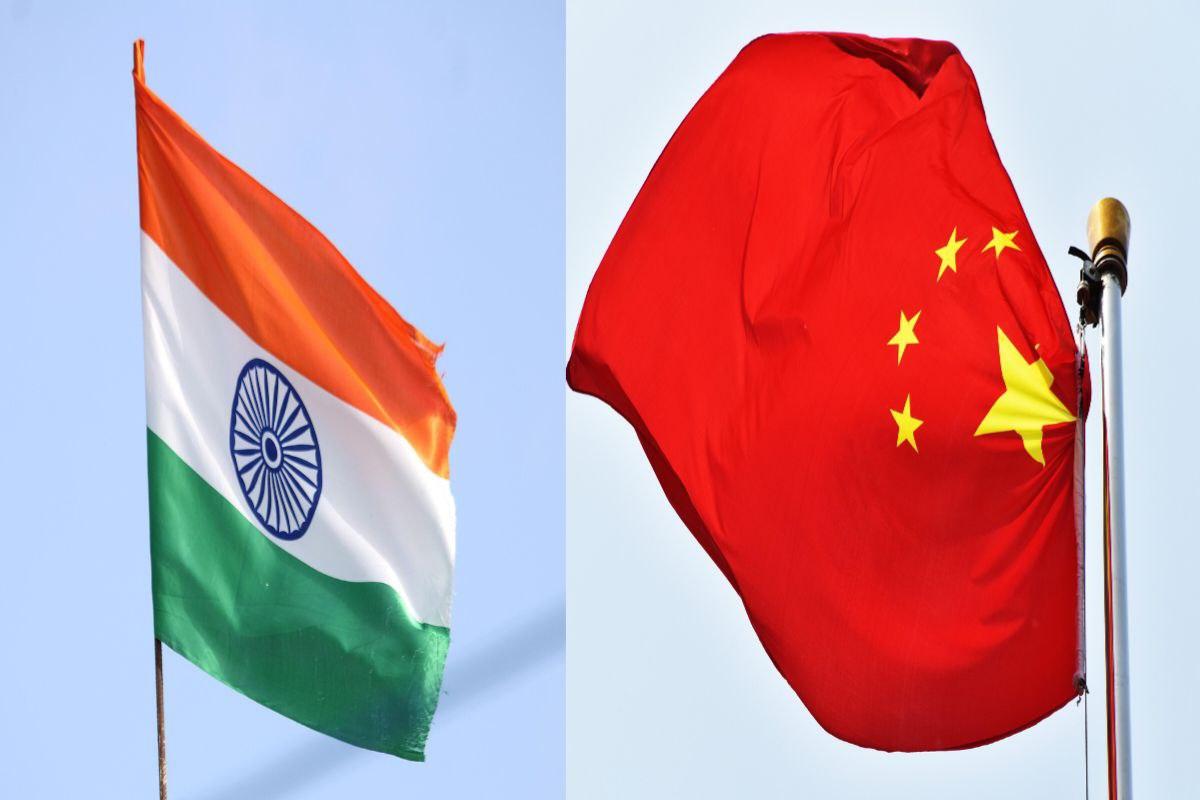
In May this year, a covert military conflict unfolded between India and Pakistan, lasting for four intense days. Codenamed Operation Sindoor, the mission saw the Indian Air Force deploying its advanced Rafale fighter jets to deliver a powerful and strategic response to Pakistan. While the world remained unaware of the secret battle, the impact was significant. And it wasn’t just Pakistan that was shaken—China, too, was deeply disturbed by what had transpired.
Pakistan, which often operates with Chinese-made confidence, was left exposed. The effectiveness of India’s Rafale jets during the operation rattled its military command. And soon after, a new player jumped into the propaganda war: China. According to a shocking revelation from French intelligence, China began orchestrating an international campaign aimed at damaging the credibility and reputation of the Rafale aircraft.
This propaganda was not subtle. China reportedly used its embassies and defense attachés to hold confidential meetings in multiple countries. The goal was to discredit Rafale jets among nations that had either placed orders for the aircraft or were considering it. China aggressively pushed its own fighter jets, branding them as cheaper, more durable alternatives—like the Chinese smartphones flooding the global market. But does affordability truly match performance?
Rafale is not just any fighter jet. It’s the same platform that outclassed Pakistan’s F-16s during Operation Sindoor. The claim that Rafales are inferior holds no ground when compared to battlefield results. In fact, Rafale has proved itself to be generations ahead of China’s much-hyped aircraft.
In a desperate move, Pakistan claimed to have shot down three Indian Rafale jets during the operation. But here lies the problem—there was no evidence, no wreckage, no footage. Just a baseless claim. Responding to this, Dassault Aviation CEO Eric Trappier strongly dismissed the allegation, stating that it was completely false. He reaffirmed that Rafale remains a battle-tested, highly reliable jet.
France took these developments seriously. Its defense and foreign affairs departments immediately went into action, recognizing that any attack on Rafale’s credibility was a direct attack on French defense prestige. French intelligence further confirmed that China had made deliberate efforts to sabotage Rafale’s reputation across several diplomatic forums.
India’s Chief of Defence Staff, General Anil Chauhan, also came forward. He stated clearly that the claims about Rafale losses were untrue and that during Operation Sindoor, the jets performed exceptionally. The targets India aimed for were hit with precision, showcasing the jet’s superior capabilities.
So why is China so afraid of Rafale?
The answer lies in Rafale’s multi-role capabilities. It is excellent in both air-to-air and air-to-ground missions. Its presence strengthens India’s strategic position and enhances its long-standing defense relationship with France. What worries China even more is the fact that Rafale is now being considered by countries that were once buyers of Chinese aircraft. That means Rafale is eating into China’s defense market share.
China attempted to derail these expensive defense deals through cheap misinformation. But it miscalculated the strength of the France-India alliance, which is built on trust—not lies. China’s propaganda failed because the global defense community knows the truth: Rafale delivers results.
The jet has already proven itself in Egypt, Qatar, and India. Now, many European countries are also evaluating it for their fleets. India's Operation Sindoor has not only validated Rafale’s combat potential but also exposed the hollowness of China's information war.
India’s message was loud and clear. With Rafale in its arsenal, the nation doesn’t just fly bullets—it flies Brahmastras. Rafale is now more than a fighter jet. It symbolizes India's growing military strength and the evolving strategic ties between India and France.
Despite China’s efforts, the brightness of Rafale’s legacy remains undimmed. Neither India’s strength will weaken, nor will France bow down. And perhaps now, China is finally beginning to realize—fighter jets aren’t sold in diplomatic meetings. They are sold through performance in battlefields.
If you believe that China's propaganda has failed and India-France ties are soaring to new heights, let us know in the comments with a simple yes or no—Is China’s panic a signal of its defeat?
Disclaimer:
This article is based on open-source intelligence and media reports. Official confirmation and declassified details about Operation Sindoor may remain classified. The views expressed aim to present the narrative from an Indian strategic perspective.




